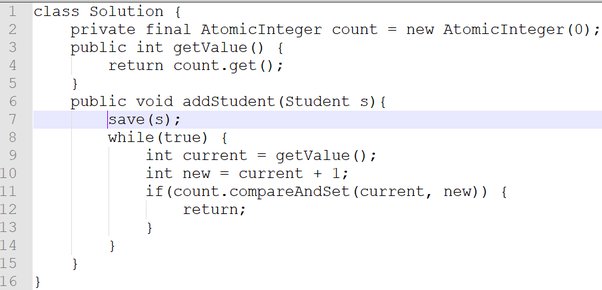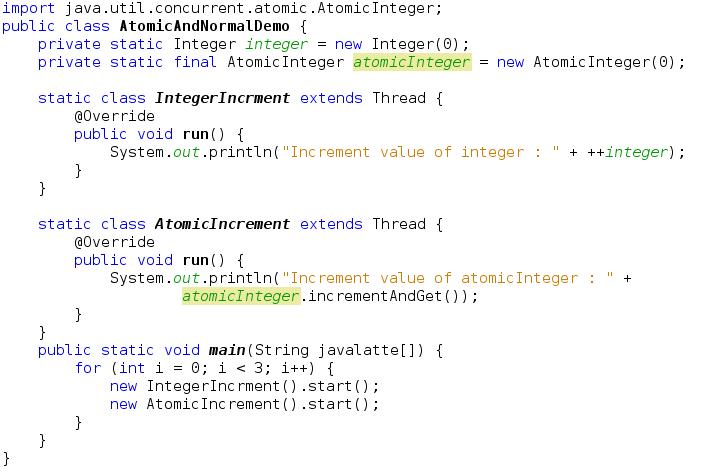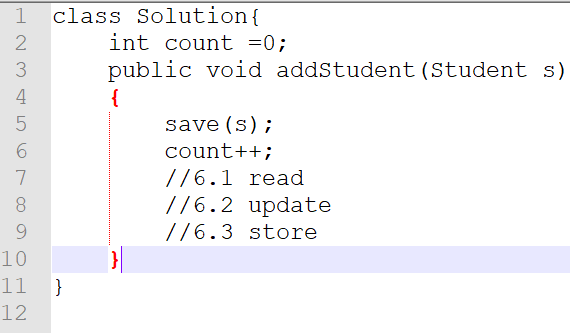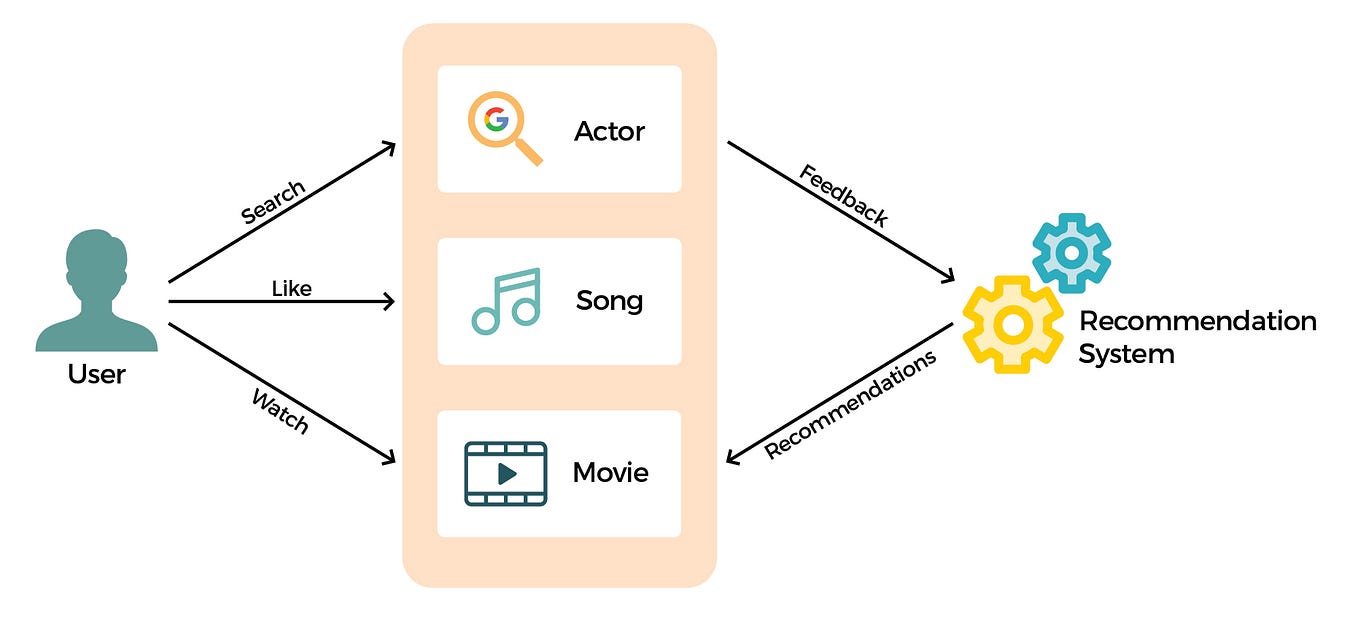Why use atomic integer in Java?
Why use atomic integer in Java?

I'm glad you asked!
In Java, AtomicInteger is a class from the java.util.concurrent.atomic package that provides an atomic way of updating integer values. It's a crucial component for building thread-safe applications, particularly when dealing with shared variables and concurrent operations.
So, why use AtomicInteger?
AtomicInteger ensures that updates are atomic, meaning they occur as a single, uninterruptible operation. This eliminates the risk of thread interference, which can cause errors, bugs, or even crashes.

AtomicInteger helps resolve these issues by providing a thread-safe way to increment or decrement integer values. Simplified Synchronization: With AtomicInteger, you don't need to manually synchronize access to the variable using locks (e.g., synchronized blocks or Lock objects). This simplifies your code, reducing complexity and potential errors associated with manual synchronization. Performance Benefits: Atomic operations, like those provided by AtomicInteger, typically have lower overhead than traditional locking mechanisms. This results in improved performance, as the system spends less time on thread coordination and more time executing actual work. Guaranteed Ordering: When multiple threads update an AtomicInteger value, the updates are guaranteed to be executed in a specific order (FIFO). This ensures that the integer values remain consistent and predictable, even in the face of concurrent updates.
In summary, using AtomicInteger in Java provides thread-safety, concurrency-friendly access, simplified synchronization, improved performance, and ensured ordering for updating integer values. These benefits make it an essential tool for building robust, scalable, and maintainable applications that involve shared variables and concurrent operations.
Now, go forth and use those atomic integers wisely!
What is the use of AtomicReference in Java?

The AtomicReference class in Java is a part of the java.util.concurrent.atomic package, which provides a set of classes for atomic operations on variables that are shared across threads.

An AtomicReference is a specialized class that allows you to safely update a reference (i.e., a variable holding an object or a primitive) from multiple threads. This is particularly useful in concurrent programming where you want to ensure that the state of your program remains consistent and predictable, even in the presence of multiple threads accessing shared data.

The AtomicReference class provides methods for updating the referenced value atomically, such as compareAndSet, set, and update. These methods are designed to work safely in a multithreaded environment, using low-level operations that can't be interrupted by other threads.
Here's an example of how you might use AtomicReference:
import java.util.concurrent.atomic.AtomicReference;
public class Example {
private static AtomicReference myReference = new AtomicReference<>("Initial Value");
public void updateReference() {
String newValue = "New Value";
while (!myReference.compareAndSet("Initial Value", newValue)) {
// If the value was changed by another thread before we set it, keep trying
}
}
public static void main(String[] args) {
Example myExample = new Example();
myExample.updateReference();
System.out.println(myReference.get()); // prints "New Value"
}
}
In this example, myReference is an AtomicReference that holds a string value. The updateReference method tries to set the value of myReference to "New Value" using compareAndSet, which returns true if the operation was successful (i.e., the reference was updated), and false otherwise. If the operation fails, it means that another thread changed the value while we were trying to update it. In this case, we just keep trying until we succeed.
The benefits of using AtomicReference include:
AtomicReference use low-level operations (such as CAS - Compare-And-Swap) to perform atomic updates, which are designed to be fast and efficient.
Common scenarios where you might use AtomicReference include:
In summary, AtomicReference is a powerful tool in Java for updating reference variables safely and efficiently from multiple threads.





























